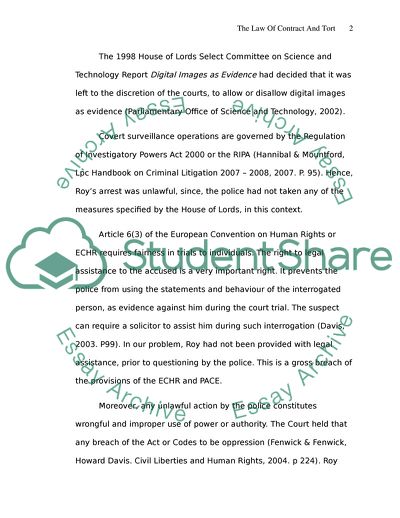Cite this document
(The Police and Criminal Evidence Act 1984, the Sale of Goods Act 1979 Assignment, n.d.)
The Police and Criminal Evidence Act 1984, the Sale of Goods Act 1979 Assignment. Retrieved from https://studentshare.org/law/1714634-the-rioght-to-personal-liberty-the-law-of-contract-and-tort
The Police and Criminal Evidence Act 1984, the Sale of Goods Act 1979 Assignment. Retrieved from https://studentshare.org/law/1714634-the-rioght-to-personal-liberty-the-law-of-contract-and-tort
(The Police and Criminal Evidence Act 1984, the Sale of Goods Act 1979 Assignment)
The Police and Criminal Evidence Act 1984, the Sale of Goods Act 1979 Assignment. https://studentshare.org/law/1714634-the-rioght-to-personal-liberty-the-law-of-contract-and-tort.
The Police and Criminal Evidence Act 1984, the Sale of Goods Act 1979 Assignment. https://studentshare.org/law/1714634-the-rioght-to-personal-liberty-the-law-of-contract-and-tort.
“The Police and Criminal Evidence Act 1984, the Sale of Goods Act 1979 Assignment”. https://studentshare.org/law/1714634-the-rioght-to-personal-liberty-the-law-of-contract-and-tort.


